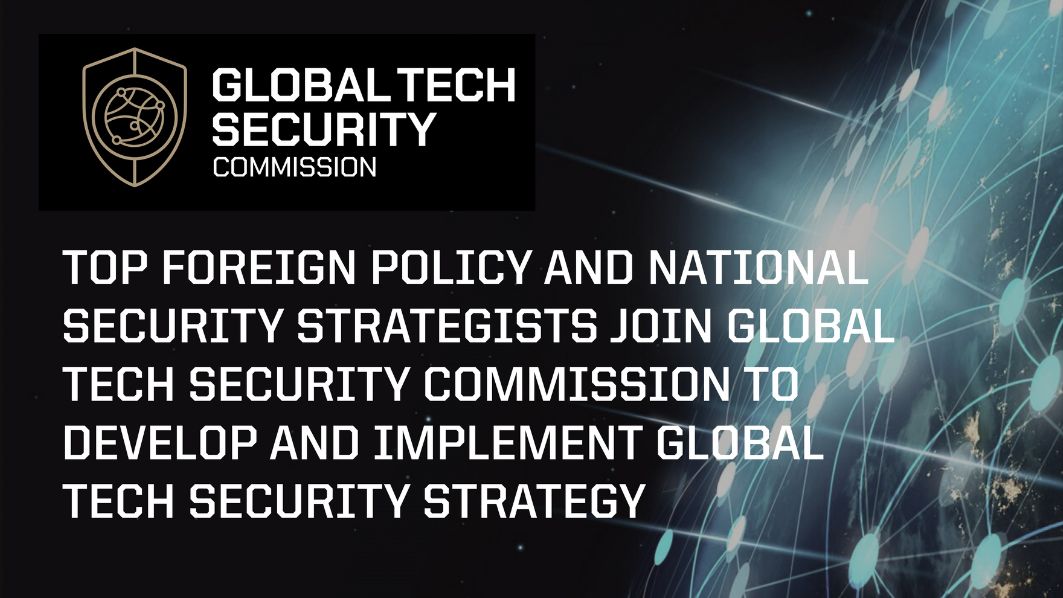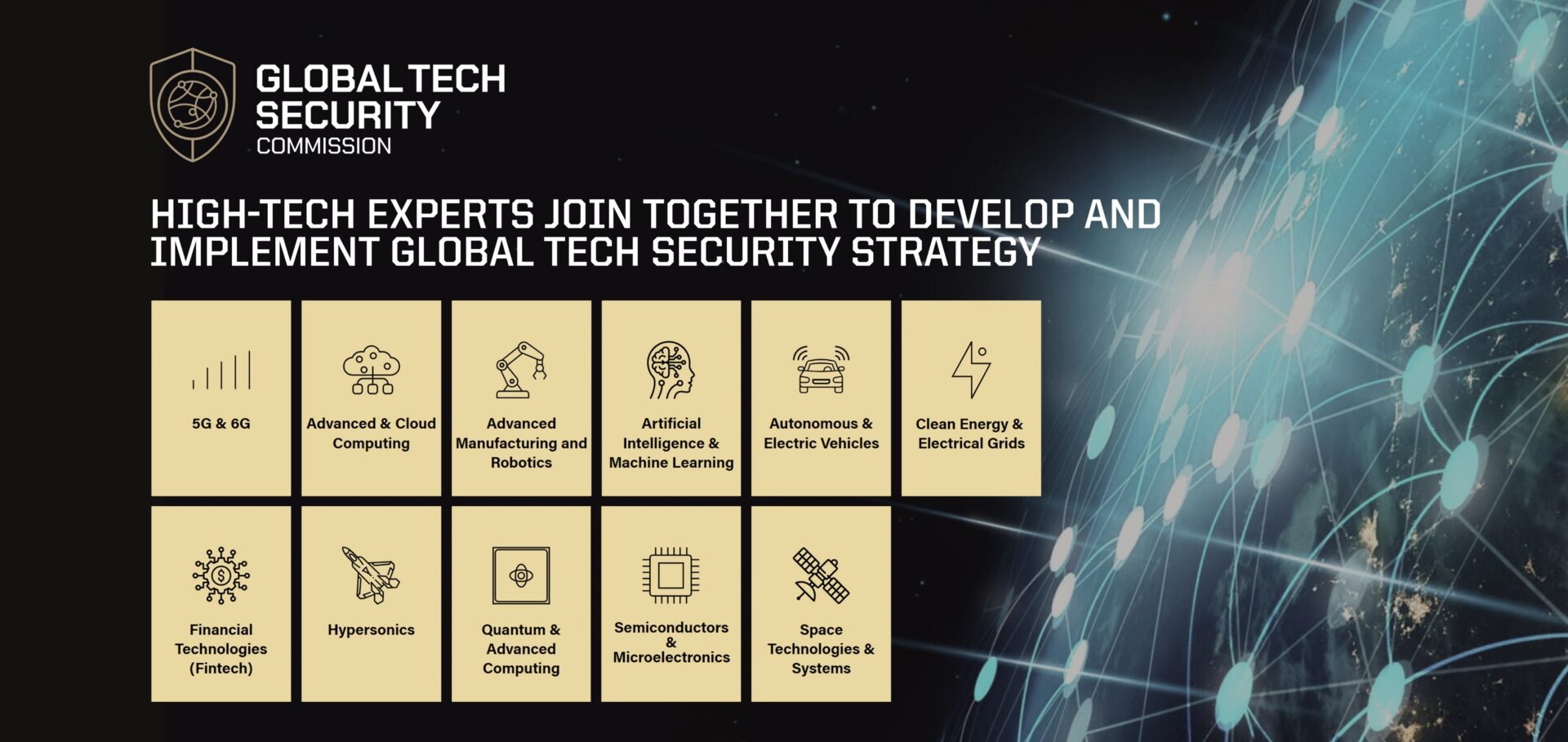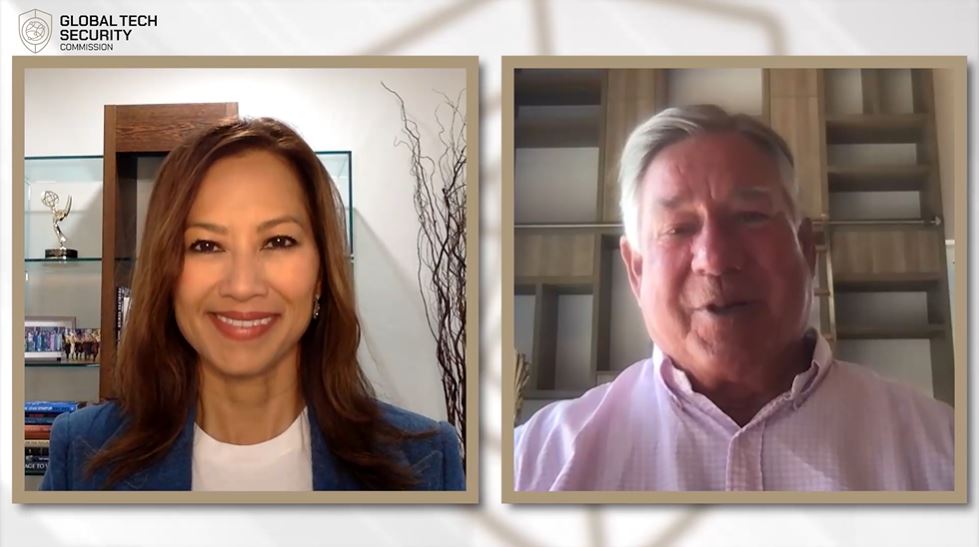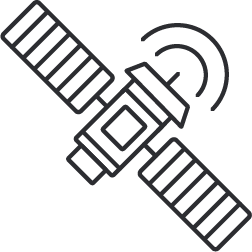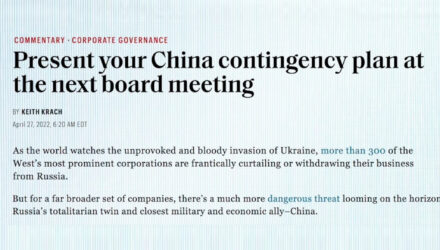Principles
Principles that form the basis of Trust and protect freedoms. There principles enable fast, frictionless, and secure collaboration.
- Integrity
- Accountability
- Transparency
- Reciprocity
Respect for:
- Rule of Law
- Property
- Sovereignty of Nations
- Planet
- Human Rights
Trust
Commission Comparisons
- Coalition of 15 Nations
- Inc/All Designated Nat’l Security Tech Sectors
- Multi-Sector Transformational Expertise
- Practical Defensive & Offensive Strategies
- Public/Private Partnership Led
- Build Network w/ 27 Advisory Councils
- Buy-in & Implementation Focused
- Utilize Proven Tech Statecraft Model
- Unifying Principle: Trust
- 1-Key Metric: Adoption of Trusted
Other Tech Commissions
- US Centric
- Limited to 1-5 Tech Sectors
- Lack of Transformational Leadership Experience
- Constrained to Policy Recommendations
- Government Only or Private Sector Only
- More Inward Looking
- Report Focused
- Proven Models Did Not Exist
- Unifying Principle: ?
- Key Metric: Quality of Report
Objectives
Our experts provide research, training, and policy recommendations on tech sectors that are vital to U.S. foreign policy and national security interests
Tech Sectors
The Commission is focused on technologies that are critical to American and allied national security and foreign policy, and advocates for a global tech agenda that reflects freedom, democracy, and human rights.
Learn MoreMeet Our Co-Chairs
See all Team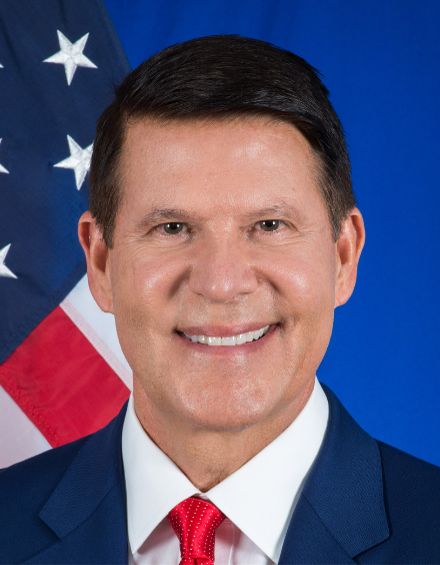
The key to securing freedom for the next generation is securing technology. Tomorrow’s tech must be trusted tech developed and protected by a Global Trust Network of like-minded countries, companies, and individuals who respect the rule of law, human rights, labor practices, national sovereignty, and the environment.
View Detail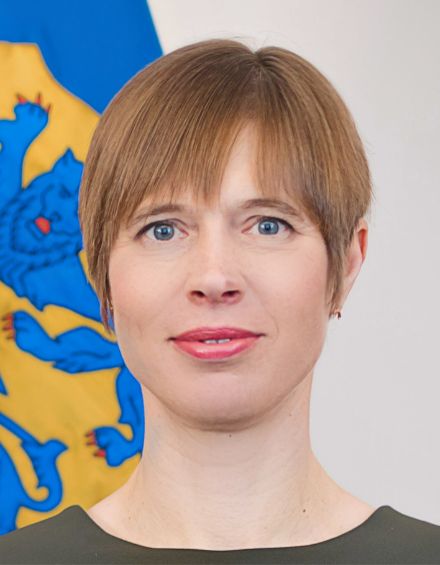
We will win. But for us to safely mine the technology pool created by the great minds of our private sector companies, we have to have standards, agreements. Nobody must be able to blow up what we trust in technology, and for that indeed we need the Global Tech Security Commission.
View DetailNews
View All
Ambassador Todd Chapman, Diplomacy Commissioner on the Global Tech Security Commission, has a conversation with Krach Institute for Tech Diplomacy’s Executive Producer, Thuy Vu, to discuss his work with the GTSC and the vital role he sees diplomacy play in accelerating the adoption of trusted tech.
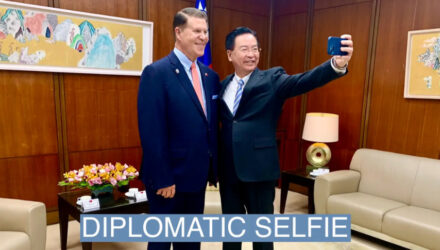
To lawmakers, terms like 5G, AI, EV, quantum are meaningless. Until we brought the TSMC fab to the U.S. and architected the CHIPS and Science Act, “chips” were something you ate.
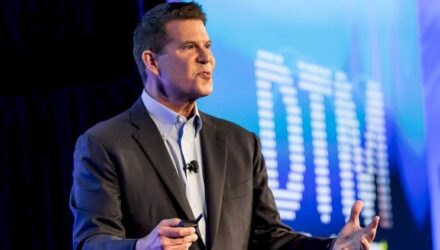
Keith Krach, who visited Taiwan as the U.S. Under Secretary of State in 2020, was the current U.S. State Department official who visited Taiwan at the highest level in 41 years. On the 9th, he will visit Taiwan again to meet with government officials and leaders of the technology industry to strengthen ties between the private sector of the United States and Taiwan.
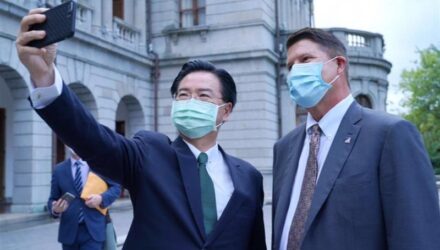
Former US Undersecretary of State Keith Krach will visit Taiwan from the 9th to the 12th. This is his second visit to Taiwan after three years. The focus of Krach’s visit to Taiwan this time is to strengthen cooperation in technology and cyber security, and to create a “Taiwan Center for Innovation and Prosperity”.
Featured
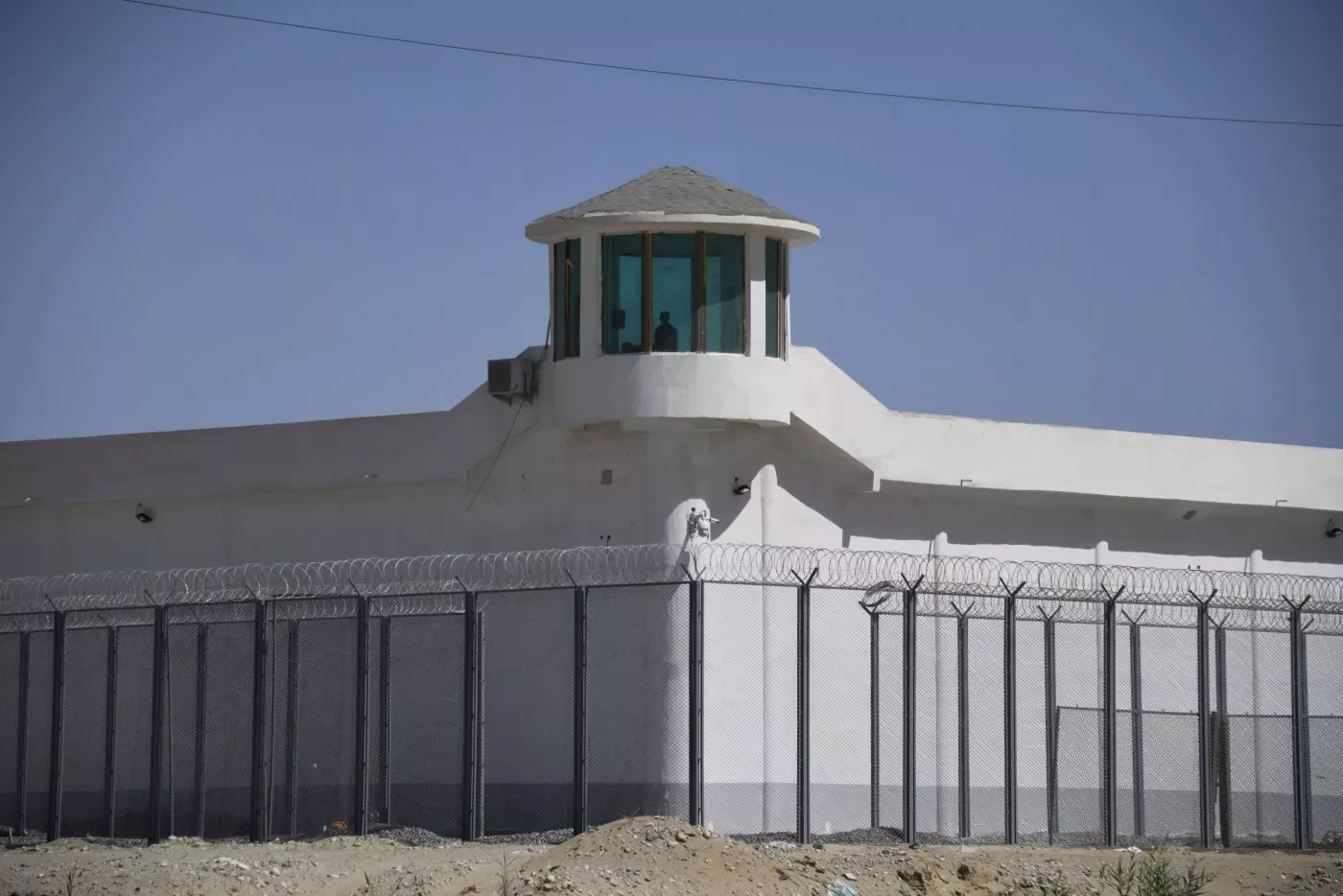
How Foreign Money is still fueling abuses in Xinjiang
Western governments should do more to support the development of new solar supply chains that don’t rely on Chinese inputs. Keith Krach, former Under Secretary of State has called for all Chinese-domiciled companies to be excluded from ESG funds.

Keith Krach Talks Domestic Investments in Chip Manufacturing on Bloomberg Daybreak
As President Biden and Micron President Sanjay Mehrota on the newly signed chips legislation. And we want to get more on that bill now, which includes about $52 billion to boost domestic semiconductor research and development.
